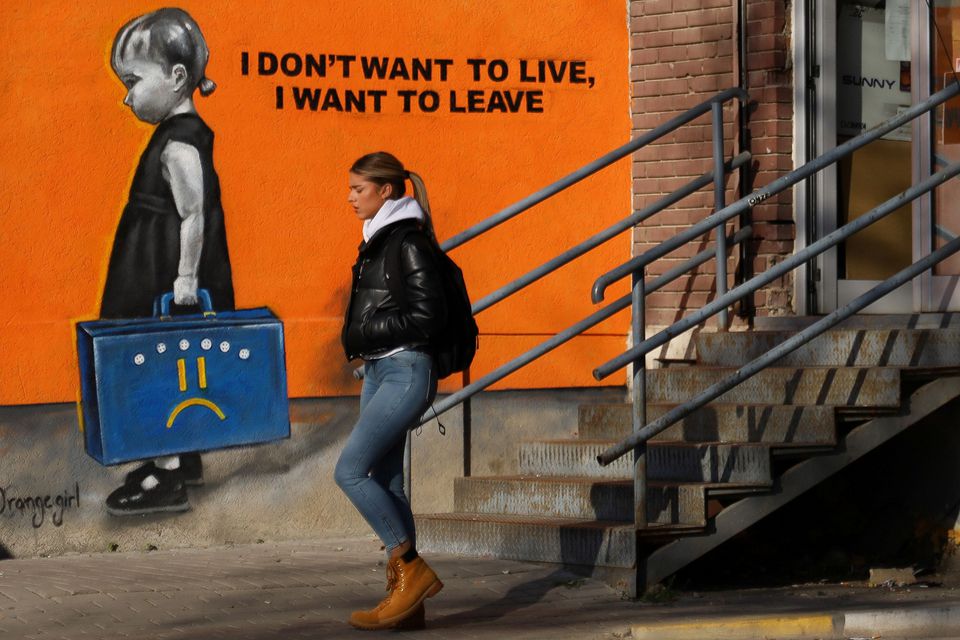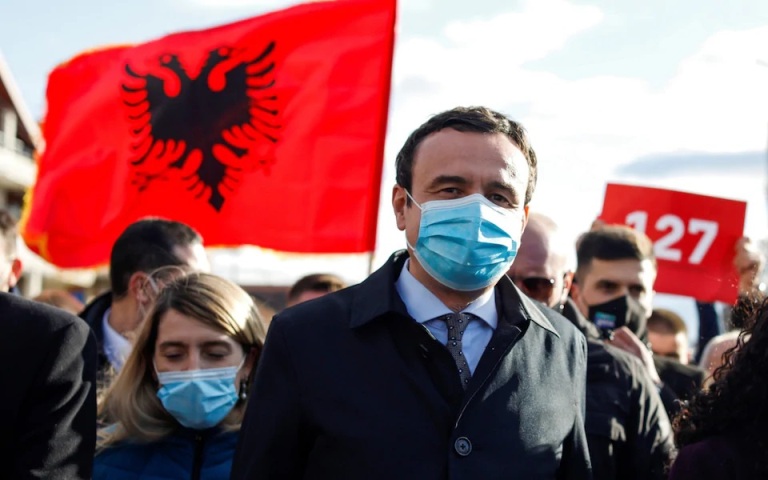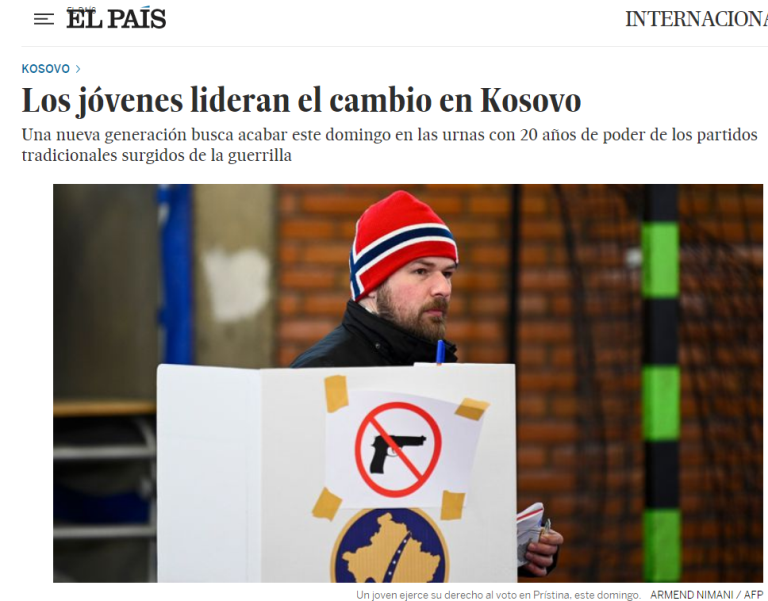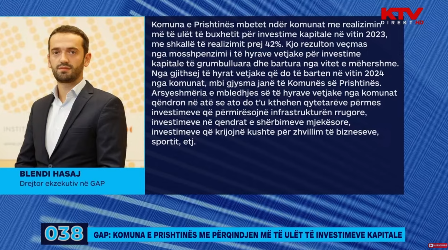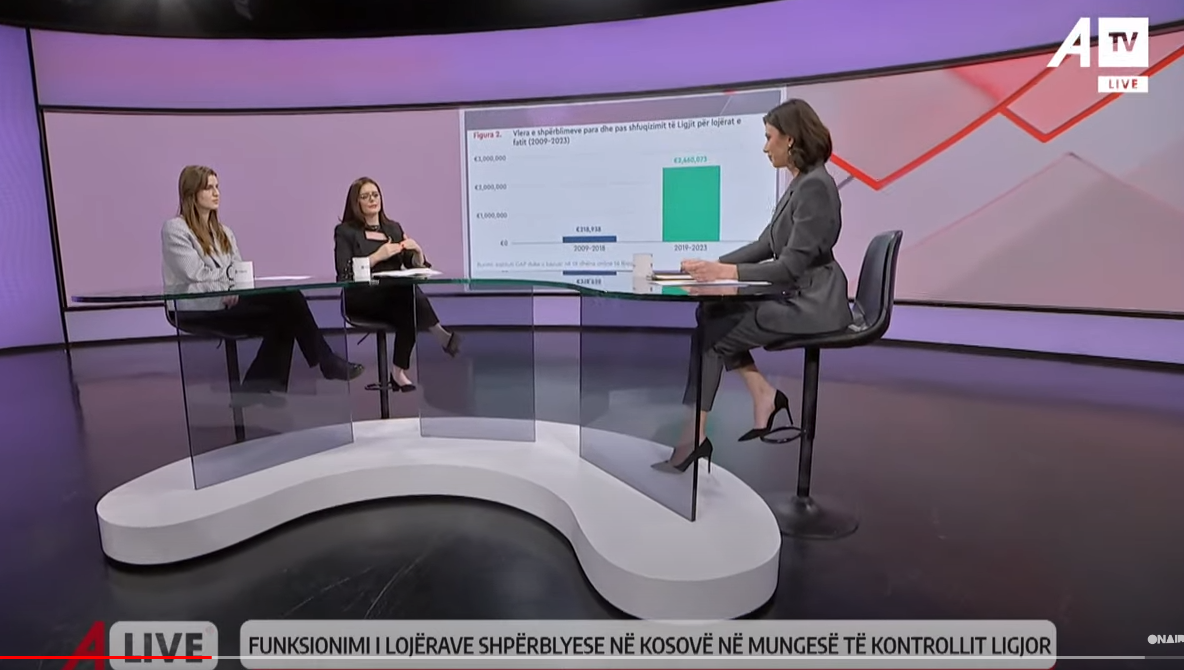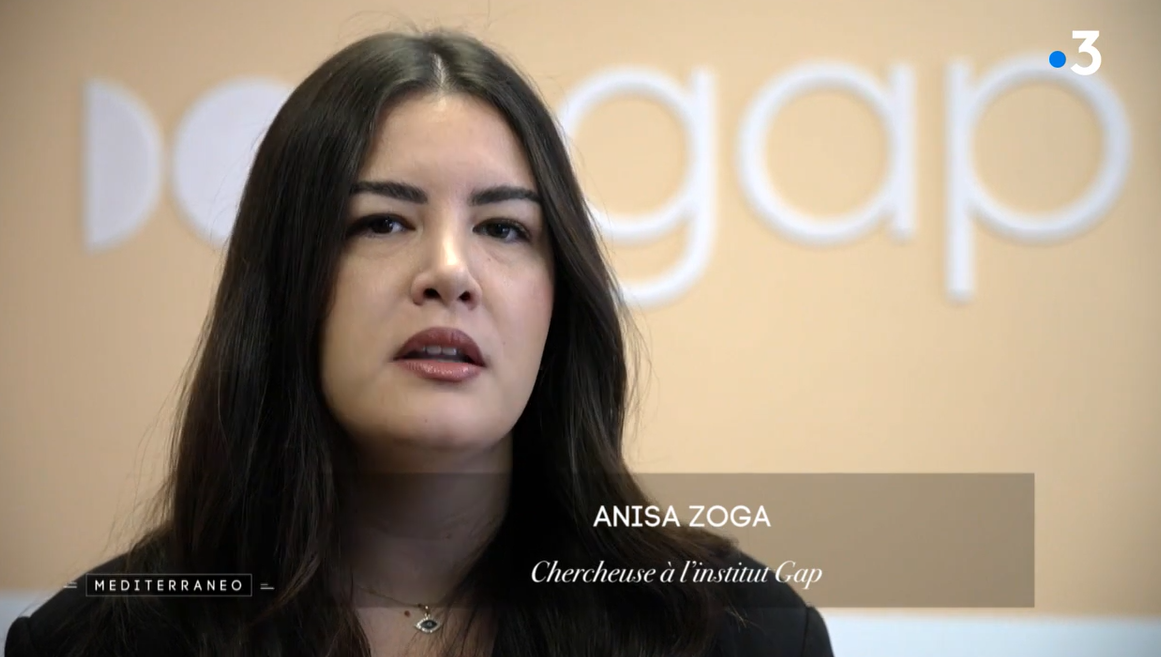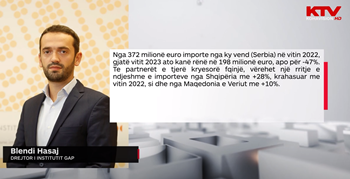GAP Institute and GLPS organized a roundtable on “Kosovo in Europe: Ten Years of Contested Statehood in unsettled neighborhood”
22/03/2018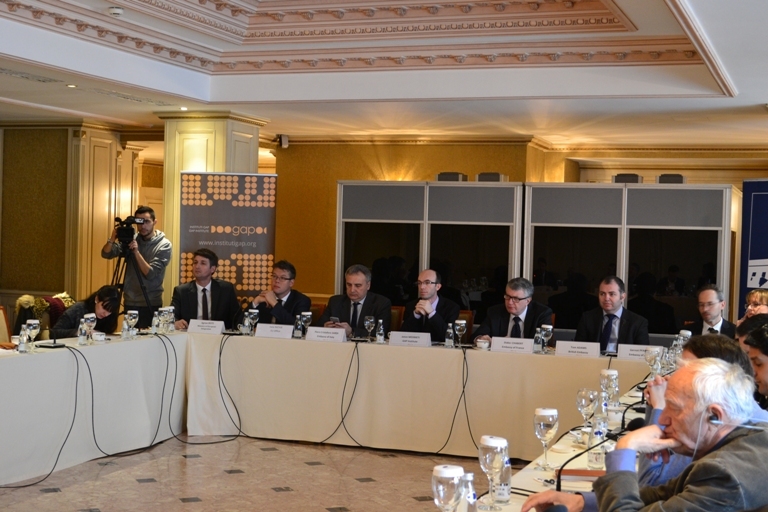
GAP Institute and Group for Legal and Political Studies (GLPS), in cooperation with the Austro-French Centre for Rapprochement in Europe (CFA/ÖFZ, Vienna) and Centre international de formation européenne (CIFE, Nice/Berlin), organized today a roundtable on the topic “Kosovo in Europe: Ten Years of Contested Statehood in unsettled neighborhood”. This event is the first of a Western Balkans Reflection Forum Series – the Berlin Process and EU Enlargement Strategy.
The opening remarks were made by Mr Florent MARCIACQ, Deputy Secretary General and Research Fellow, Austro-French Centre for Rapprochement in Europe (CFA/ÖFZ), Vienna and Ms Nora LATIFI-JASHARI, Executive Director, GAP Institute, Prishtinë. In the first panel, entitled The Berlin Process: “real additional progress” for Kosovo?, inputs were given by Mr Didier CHABERT, Ambassador of France to Kosovo, Mr Tom ADAMS, Deputy Head of the British Mission in Kosovo, Mr Gernot PFANDLER, Ambassador of Austria to Kosovo, and Mr Piero Cristoforo SARDI, Ambassador of Italy to Kosovo. The panel was moderated by Mr Jeton MEHMETI, Research Director at GAP Institute. In the second panel, entitled Enlargement and bilateral disputes: how can the EU Enlargement Strategy contribute to progress?, inputs were given by Mr Dario ČEPO, Assistant Professor at the University of Zagreb, and Ms Albana MERJA, Senior Researcher, GLPS. This panel was moderated by Mr Tobias FLESSENKEMPER, Project Director, Centre international de formation européenne (CIFE), Nice.
Overall, the discussion in this roundtable reaffirmed that after years of out of the radar, the Western Balkans seem to be back on the agenda of the EU. The Berlin process has certainly contributed to this achievement. But its initial objective, beyond keeping the impetus of European integration, was to further “real additional progress” in the region. While the Summit of Trieste reconfirmed the EU’s commitment to support Western Balkan’s path into the EU, the implementation of previous commitments by both the EU and Western Balkans’ governments remains fraught with question marks. The Western Balkans Reflection Forum held in Trieste in June 2017 has highlighted key issues regarding the implementation of these commitments as well as new challenges, rendering EU accession prospects less predictable, notwithstanding the new enlargement strategy of February 2018.
Kosovo is no exception in this respect. Ten years after its independence, the youngest country in Europe faces a series of important challenges rendering its European perspectives still too distant, e.g. in the lengthy reforms process that accompanies its political and economic transformation; in the consolidation and normalization of its neighborly relations and dialogue with Belgrade in particular; in the lessening of its international dependence and the advancement of its international relations worldwide.
The concluding remarks on this roundtable were made by Mr Felix RATHJE from the EU Office in Kosovo and Mr Agron HOTI, Advisor to the Minister of European Integration of Kosovo. Among the other participants in this roundtable were Members of the Kosovo Parliament and representatives of public institutions and non-governmental organizations.




